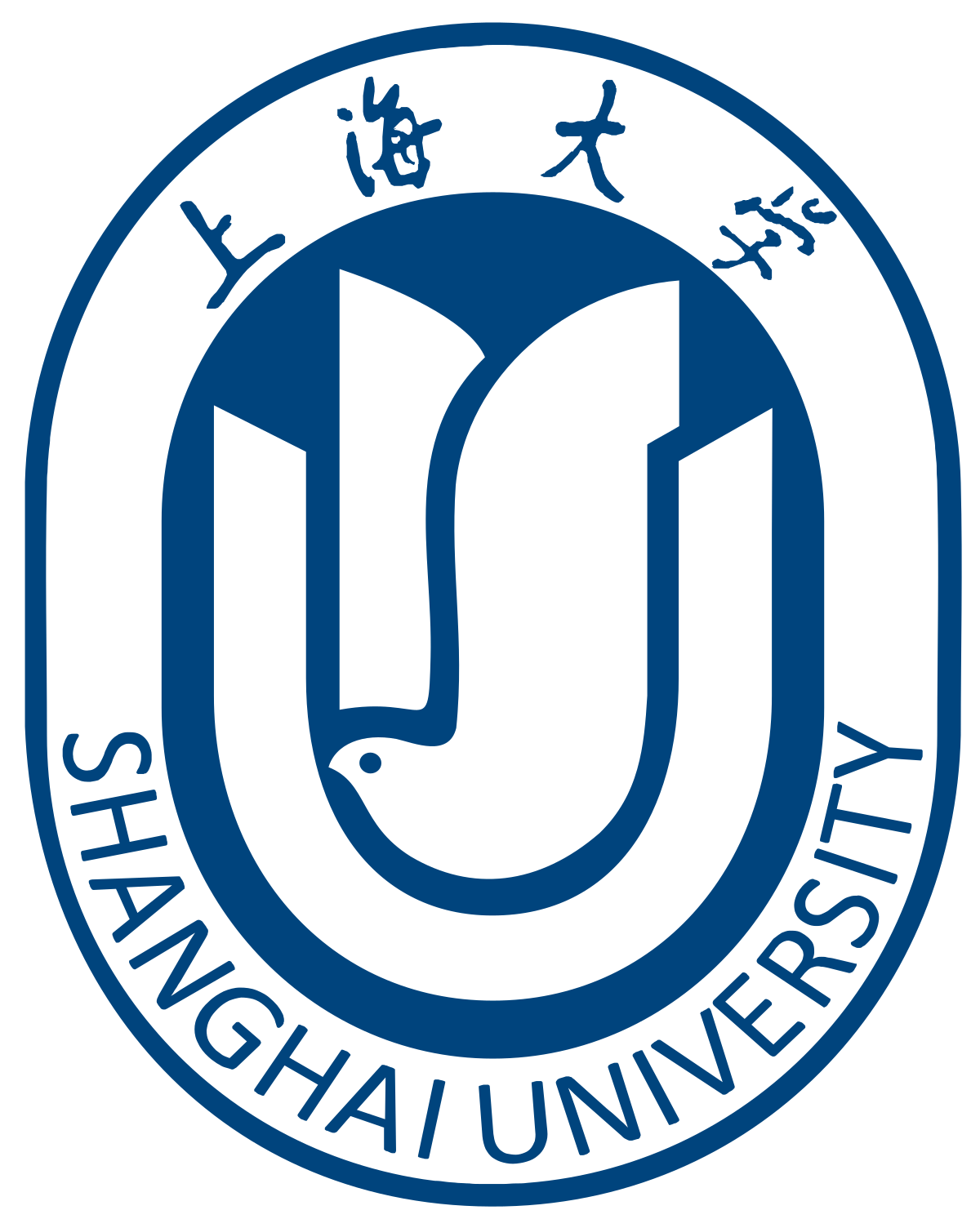
Electrical Engineering
About this Program
Electrical engineering is an engineering discipline
concerned with the study, design, and application of equipment, devices, and
systems which use electricity, electronics, and electromagnetism. It emerged as
an identifiable occupation in the latter half of the 19th century after the
commercialization of the electric telegraph, the telephone, and electrical
power generation, distribution, and use.
Electrical engineering is divided into a wide range of
different fields, including computer engineering, systems engineering, power
engineering, telecommunications, radio-frequency engineering, signal
processing, instrumentation, photovoltaic cells, electronics, and optics and
photonics. Many of these disciplines overlap with other engineering branches,
spanning a huge number of specializations including hardware engineering, power
electronics, electromagnetics and waves, microwave engineering, nanotechnology,
electrochemistry, renewable energies, mechatronics/control, and electrical
materials science.[a]
Electrical engineers typically hold a degree in
electrical engineering, electronic or electrical and electronic engineering.
Practicing engineers may have professional certification and be members of a
professional body or an international standards organization. These include the
International Electrotechnical Commission (IEC), the Institute of Electrical
and Electronics Engineers (IEEE) and the Institution of Engineering and
Technology (IET, formerly the IEE).
Electrical engineers work in a very wide range of industries and the skills required are likewise variable. These range from circuit theory to the management skills of a project manager. The tools and equipment that an individual engineer may need are similarly variable, ranging from a simple voltmeter to sophisticated design and manufacturing software.
About of Shanghai University
📖Introduction
Shanghai University is a public research university located in Shanghai, China, and was established in 1922. It is co-funded by Chinese Ministry of Education and Shanghai Municipal Government as part of the Project 211 and the Double First Class University Plan for leading national universities.
🏫About Shanghai University (SHU)
Shanghai University (SHU), founded in 1922, is a leading University based in Shanghai offering a wide range of programs in English to international students. SHU has been developed into a university with profound academic traditions and outstanding research facilities, embracing students from various countries with its global outlook. Just like the city of Shanghai, SHU has undergone dramatic changes in the past few decades turning into a multicultural community with tremendous opportunities and resources.
SHU is one of the top 40 Chinese universities, the top 100 Asian universities, the premier university of Shanghai, and a member of China Project 211 Universities. It is a comprehensive university offering 82 undergraduate programs, 187 graduate programs, and 97 doctoral programs in various disciplines including science, humanities & social sciences, engineering, economics & management, art, etc. They ranked No.15 in China last 2018 and No.17 in China last 2016 for the QS World University; No.33 in China in 2018 and No.34 in China in 2016 for the U.S. News Education Rankings; and ranked No.33 in China last 2016 for The World University Rankings. As one of the fastest growing universities, Shanghai University is ranked as the 22th best university in China and is placed in the top 300 universities around the world. It is also supported by the national Double First-Class Initiative. The University has 11 disciplines entering the top 1% of the ESI global rankings; while material science, chemistry and engineering have already reached the top 1%.
The university currently has 16,464 graduate students, 20,406 undergraduate students, and 4,505 international students. Students who graduated from SHU are widely welcomed by employers from various firms and companies, as proved by the employment rate of 99.63% in 2017.
Currently, there are about 3,155 faculty members at Shanghai University, which includes 722 professors and 1,102 associate professors.
Shanghai University is proud of its outstanding faculty, including 6 full-time academicians from the Chinese Academy of Sciences and Chinese Academy of Engineering, 15 double-appointed fellows, 11 overseas academicians, about 200 national talents, and 3,500-plus full-time faculty members. The university has an enrolment of over 38,000 students, among which 2500+ international students are coming from more than 160 countries and regions.
Based on the
contribution of our top-level faculty and diligent students, the University now
has more than 250 global partners, including Rutgers University, Loughborough
University, University of Technology Sydney and Tohoku University, focusing on
co-teaching, student mobility, and research collaboration.
To be more specific, 34 faculty members received a special allowance from the State Council; 11 professors were awarded as the Yangtze River Scholars and 29 members accepted funding and scholarships from the National Natural Science Foundation of China. SHU has 4 international joint-venture schools formed in the fields of engineering, arts, and business. So far, 6 overseas educational institutes have been established in collaboration with universities in Asia, Europe, and Latin America.
Based on the contribution of our top-level faculty and diligent students, SHU has achieved collaboration with 208 universities in 51 nations and regions, managing 5 Confucius Institutes with partners in North America, Europe, Asia, etc.
Accommodation
Shanghai University provides international students with on-campus dormitory buildings on both their Baoshan campus and Yanchang campus. Each dormitory room, either single or double, is equipped with one or two single beds, a desk, a closet, an air-conditioner and a bathroom with a basin, a western toilet and a shower. There is a shared kitchen and laundry area with washing machines on each floor of the dormitory buildings. There are various cafeterias that provide delicious food, while convenience stores, supermarkets, and open markets are easily accessible from the residential quarters.
Notes:- You will need to book the accommodation after you have been accepted.
- You can choose to live on campus or off campus in private accommodation.
Admission Process
Process
Required Documents:
- Personal Statement Letter or Study Plan
- Your Photograph
- Your Passport Copy
Preparing documents:
You can start your application now and send the application documents during your application. Some documents you can send later if you don’t have them right away.
❓ Entry
Requirements
The minimum age is 18 and
the maximum age is 65.
You don’t need to have
studied Chinese before.
Minimum education level:
High School.
💰 Shanghai University Fees
Application Fee:
654 CNY
Tuition fee:
9,900 CNY per semester
19,800 CNY in total
Insurance is 800 CNY.
Scholarship
Tuition Fee: Free
Hostel Fee: Free
Stipend:
Type A:
3000RMB Monthly
Type B: No
Special Note: CGPA
Requirement 3.00(75%)
Pre Requisites
Bachelor
HSC
SSC
Meet Your Consultant




